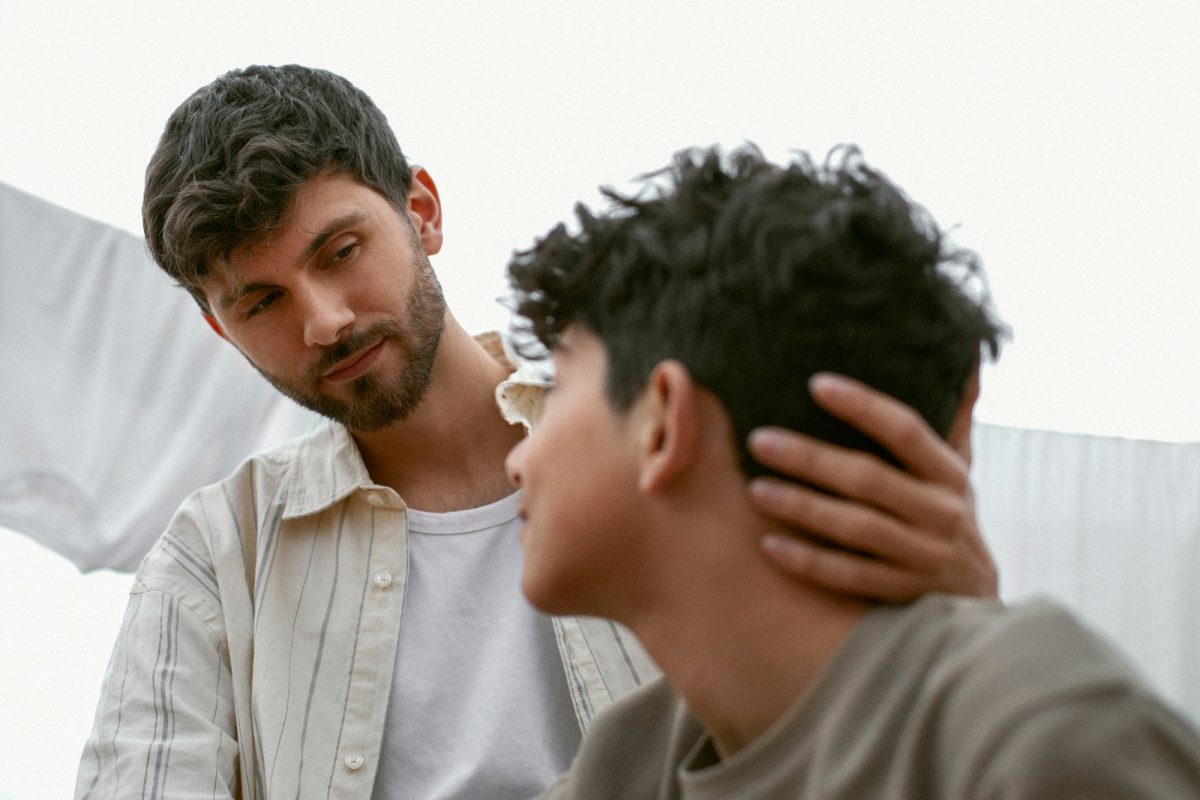What Are the Challenges of Same-Sex Relationships?

This article offers a profound analysis of the multifaceted obstacles encountered by LGBTQ+ individuals in their pursuit of fulfilling and authentic partnerships. Delving into the complexities of societal, legal, cultural, and interpersonal dynamics, this examination illuminates the unique challenges faced by same-sex couples on their journey toward love and commitment.
From navigating societal stigma and discrimination to confronting legal barriers and cultural prejudices, this exploration traverses the diverse terrain of challenges that shape the lived experiences of LGBTQ+ individuals in relationships. It delves into the psychological impact of internalized homophobia, the complexities of coming out to family and friends, and the resilience required to forge healthy and sustainable partnerships amidst societal scrutiny.
Through a lens of intersectionality, this inquiry acknowledges the compounding effects of discrimination based on race, ethnicity, gender identity, and socioeconomic status, recognizing the diversity of experiences within the LGBTQ+ community. It also examines the systemic inequalities that perpetuate disparities in healthcare access, parenting rights, and social support for same-sex couples.
Furthermore, this examination illuminates the importance of community support, allyship, and advocacy in overcoming challenges and fostering resilience within same-sex relationships. By amplifying the voices of LGBTQ+ individuals and centering their experiences, this work seeks to promote understanding, empathy, and solidarity in the pursuit of equality and justice for all.
Here are some common challenges:
Social stigma and discrimination. LGBTQ+ individuals may encounter societal stigma and discrimination, which can manifest in various forms such as prejudice, harassment, or violence. This stigma can impact mental health, self-esteem, and relationship dynamics.
Legal and institutional barriers. In many parts of the world, same-sex couples face legal barriers to marriage, adoption, and other rights afforded to heterosexual couples. Lack of legal recognition can create practical challenges and limit access to benefits and protections.
Family acceptance. Coming out to family members and navigating their acceptance can be a significant challenge for LGBTQ+ individuals. Family rejection or lack of support can strain relationships and impact mental well-being.
Internalized homophobia or shame. LGBTQ+ individuals may internalize societal stigma and struggle with self-acceptance or feelings of shame about their identity. This internalized homophobia can affect relationships and personal well-being.
Communication and relationship dynamics. Same-sex couples may face unique communication challenges, particularly if they have different experiences or expectations based on gender roles. Negotiating roles, responsibilities, and expectations within the relationship requires open and honest communication.
Intersectionality. LGBTQ+ individuals may face intersecting forms of discrimination based on race, ethnicity, gender identity, or socioeconomic status, which can compound the challenges they experience in relationships.
Healthcare disparities. LGBTQ+ individuals may encounter barriers to accessing LGBTQ+-affirming healthcare services, including reproductive and mental health care. This can impact their physical and emotional well-being and affect relationship dynamics.
Community support and representation. Limited representation and support within LGBTQ+ communities can impact individuals’ sense of belonging and connection. Lack of inclusive spaces or resources may hinder access to support networks.
Parenting challenges. Same-sex couples may face additional hurdles in the process of starting a family, including legal barriers to adoption or assisted reproductive technologies. They may also encounter judgment or discrimination as LGBTQ+ parents.
Religious or cultural obstacles. LGBTQ+ individuals may face challenges reconciling their sexual orientation or gender identity with religious or cultural beliefs that condemn homosexuality. This conflict can strain relationships with faith communities or family members.
Navigating these challenges requires resilience, support, and advocacy for LGBTQ+ rights and inclusion. Building strong support networks, seeking affirming resources, and fostering open communication within relationships can help same-sex couples overcome obstacles and thrive.
The list above has provided a deep and insightful exploration into the complexities faced by LGBTQ+ individuals in their pursuit of love and partnership. Through our examination of societal stigma, legal inequalities, cultural prejudices, and interpersonal dynamics, we have shed light on the myriad obstacles encountered by same-sex couples on their journey towards fulfillment.
As we reflect on the rich tapestry of experiences shared throughout this exploration, we are reminded of the resilience, strength, and courage displayed by LGBTQ+ individuals in the face of adversity. Despite the challenges they encounter, they continue to forge meaningful connections, defy societal norms, and advocate for equality and acceptance.
Moving forward, may the insights gleaned from this exploration serve as a catalyst for empathy, understanding, and solidarity within our communities. Let us stand in support of LGBTQ+ individuals, amplify their voices, and work together to create a world where love is celebrated in all its forms, and where every individual has the freedom to live and love authentically, without fear or discrimination.


